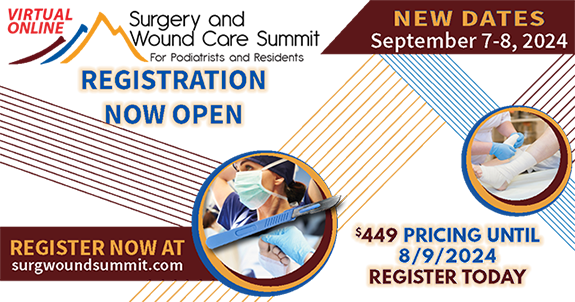
Practice Perfect 920
Advice to New Residents 2024
Advice to New Residents 2024

This goes out to all of you new first year residents as you start the next step of your training and the next chapter of your lives. Starting residency is a memorable, scary, and fascinating experience. It can be a time to begin a successful three years of postgraduate medical training. Or it can be a difficult moment from which you spend the next three years catching up. We want your first month of rotations to set you up for success, so here are some recommendations to help.
Dress the part, be the part – Go to your first clinics or meetings in professional dress (a tie or dress outfit and white coat - assuming you’ve received a white coat). You want to demonstrate your interest and how important the start of the program is to you. If you were explicitly instructed to show up in scrubs, then that’s ok. You’re a doctor now, so it’s all about being professional. Dress like you want everyone to think of you…as a professional.
Start and stay organized – There’s going to be a lot to learn in a very short amount of time, so be organized. Manage your calendar, check your email repeatedly, take notes with whatever technology works for you. Follow up on assignments. Make sure you’ve completed all onboarding for your hospitals, surgery centers, and clinical locations.
Be memorable…in a good way - You’re going to be wherever you are for at least three years, so it’s worth the effort to build strong relationships. First, be sure to introduce yourself as Dr So-and-So and not by your first name. It takes a little getting used to, but you want everyone to think of you as a physician. Next, be polite. Learn everyone’s names and learn about them as people. Before you know it, you will have created a network of people that you can ask for help, or just pass enjoyable moments with. This will have everyone remembering you as that kind, friendly, and professional resident that everyone likes to work with.
Be prepared – Make sure you have all of your instruments on hand in your nicely pressed and professional white coat. I was very impressed by one of my now graduated residents when he started at the program with a bag ready with instruments, dressings, a doppler, etc. Have you practiced suturing? Are you ready to take that knife when it’s offered. Make sure you’ve read about whatever patients you’re going to be seeing in clinic and whatever surgeries are coming. Treat every learning experience with depth and commitment. Show your attendings that you’re prepared and responsible.
Be ready to help…everyone - Becoming a resident does not mean that you’re better than anyone, and being ready and willing to help others is a great way to demonstrate that. Offer to clean up a room between patients, help move patients in the OR, ask if there’s anything you can do (within reason) to help. This includes nurses, medical assistants, other residents, and your attendings. You’re now part of a healthcare team, and everyone simply wants to get the job done. Your help may be indispensable.
Read – Now that school’s over, very few people are going to hold you accountable. That means after a busy and tiring day, no one is going to force you to read. Every day you should be reading about what pathology you saw in clinic or repaired in surgery. Much of being a good doctor is about what you know as well as what you can do, and the only way to learn more is to read. When you think you’ve read enough, read more. Then read more again. It never stops.
Last but certainly not least, understand the Imposter Syndrome that I discussed in Practice Perfect 694 - Imposter Syndrome Among Physicians. It’s often difficult to make the leap from “student doctor” to “doctor”, and many people find themselves not mentally fitting well into that long white coat. It’s all a bit overwhelming at first, but you must keep telling yourself that you do belong at your program, that staff do want you there, that you do deserve and have earned the title “doctor.” Yes, you have a lot to learn, but if you approach your residency education with dedication, organization, and a goal toward excellence your education will be fantastic.
Best wishes on your first residency rotations.

Jarrod Shapiro, DPM
PRESENT Practice Perfect Editor
[email protected]































Comments
There are 0 comments for this article